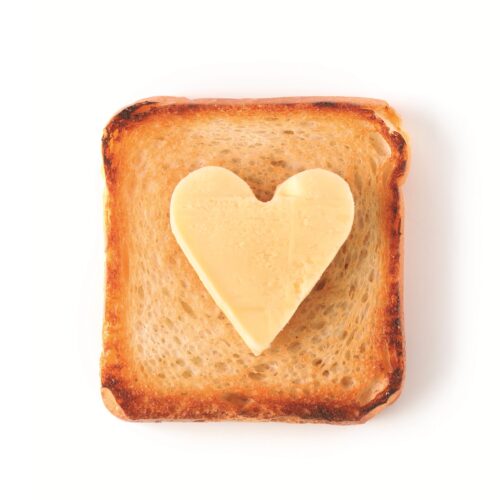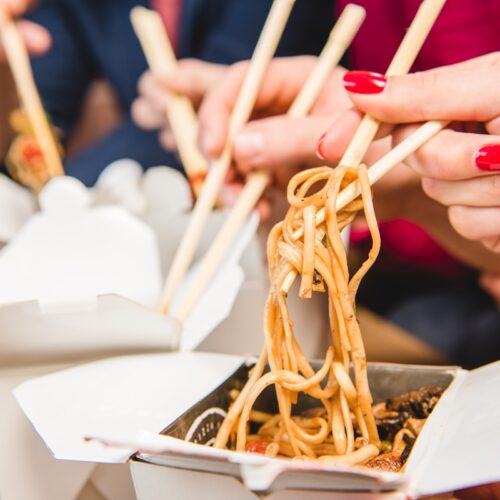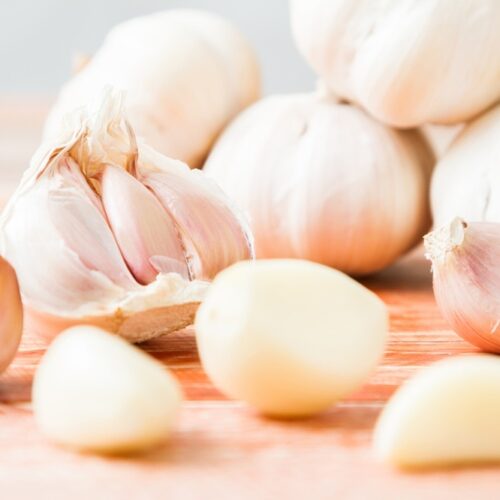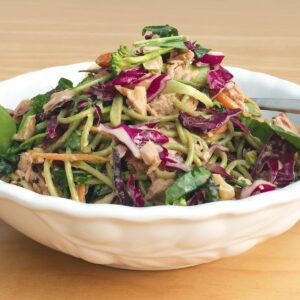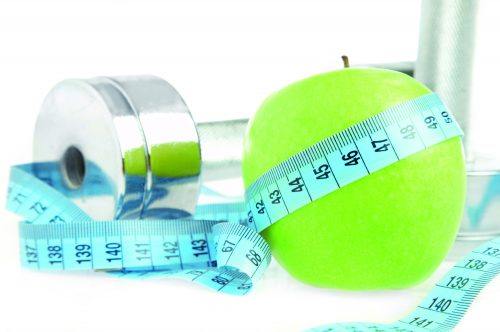
To maximise your performance and recovery time for various activities, here is a guide as to what to eat and when.
Your children are playing sport
The well-nourished child will be able to play better and for longer, maintain concentration and recover quicker. If your child is not getting adequate nutrition they will seem lethargic and tired. Children can overheat more quickly than adults so it’s important to maintain hydration before, during, and after their sport. If your child is playing in an all-day event, high-carbohydrate snacks such as muesli bars, watermelon, oranges, and bread and jam are best eaten every two hours. Sports drinks or cordials can be usefuk in all-day events, but your child doesn’t need them for a 60 minute game of basketball.
To help children’s bodies refuel and repair, give them a meal such as a chicken, cheese or egg sandwich or spaghetti bolognese up to two to three hours after playing sport.
You’re trying to bulk up
To gain muscle, you need to combine a well developed, strength-training programme with an energy-rich diet which has adequate amounts of protein. While an increased intake is essential for muscle gain, steer clear of a diet of takeaway foods which wont provide the nutrition you need.
Include some protein with each meal, and consume protein and carbohydrate foods before and after your strength-training programme. Carbohydrates help to reduce protein breakdown and allow the protein in your food to be used for muscle growth and repair.
You’re trying to lose weight
Eating before your exercise session will depend on your goal. If you’re going for performance improvement, eat something before exercise. But if your aim is weight- loss – and you can do the same amount of exercise whether you eat or not – leave your food until after your session.
The main thing to be mindful of is not to increase what you’re eating overall just because you’re exercising.
You’re doing intense, long workouts
Ensure you’re eating a healthy, balanced diet every day, then eat a carbohydrate and protein-containing meal, such as a chicken, cheese or egg, and salad sandwich, three to four hours before you exercise. If you haven’t had enough time for a meal, grab a pottle of low-fat yoghurt or fruit salad one to two hours before you start. Make sure you’re well hydrated, too.
Follow up your session with a meal within two hours, or to keep you going until your next meal, eat a snack such as a banana, smoothie or cereal bar.
You’re preparing for an event
Your diet will depend on the type and length of the event you are preparing for. Remember to maintain a healthy, balanced diet, and focus on the three Rs. The quicker you eat after training, the sooner your body can refuel, rehydrate and repair. So, aim to eat a carbohydrate snack or a carbohydrate- and protein-packed meal within an hour of training or competing.
www.healthyfood.com



